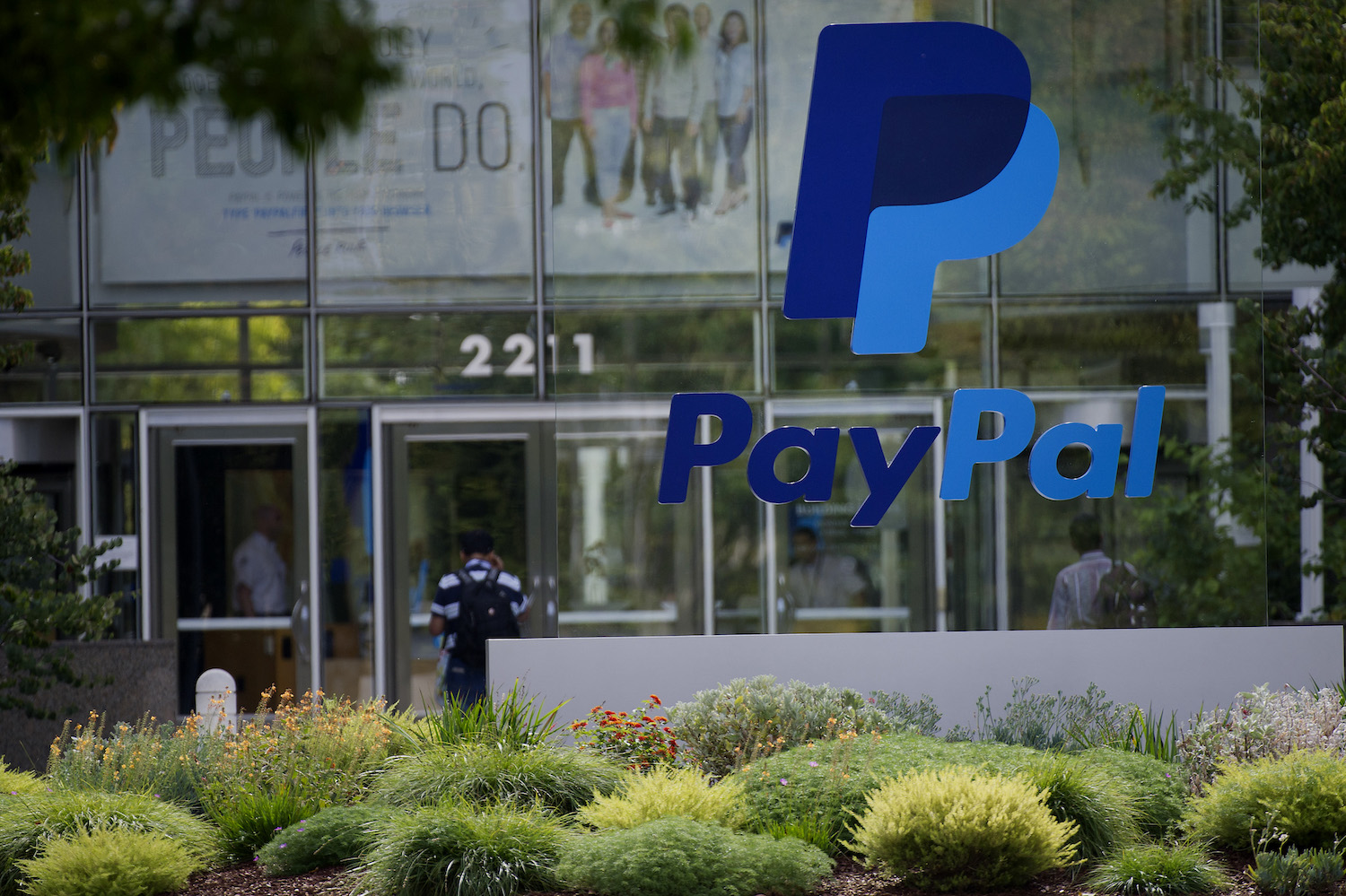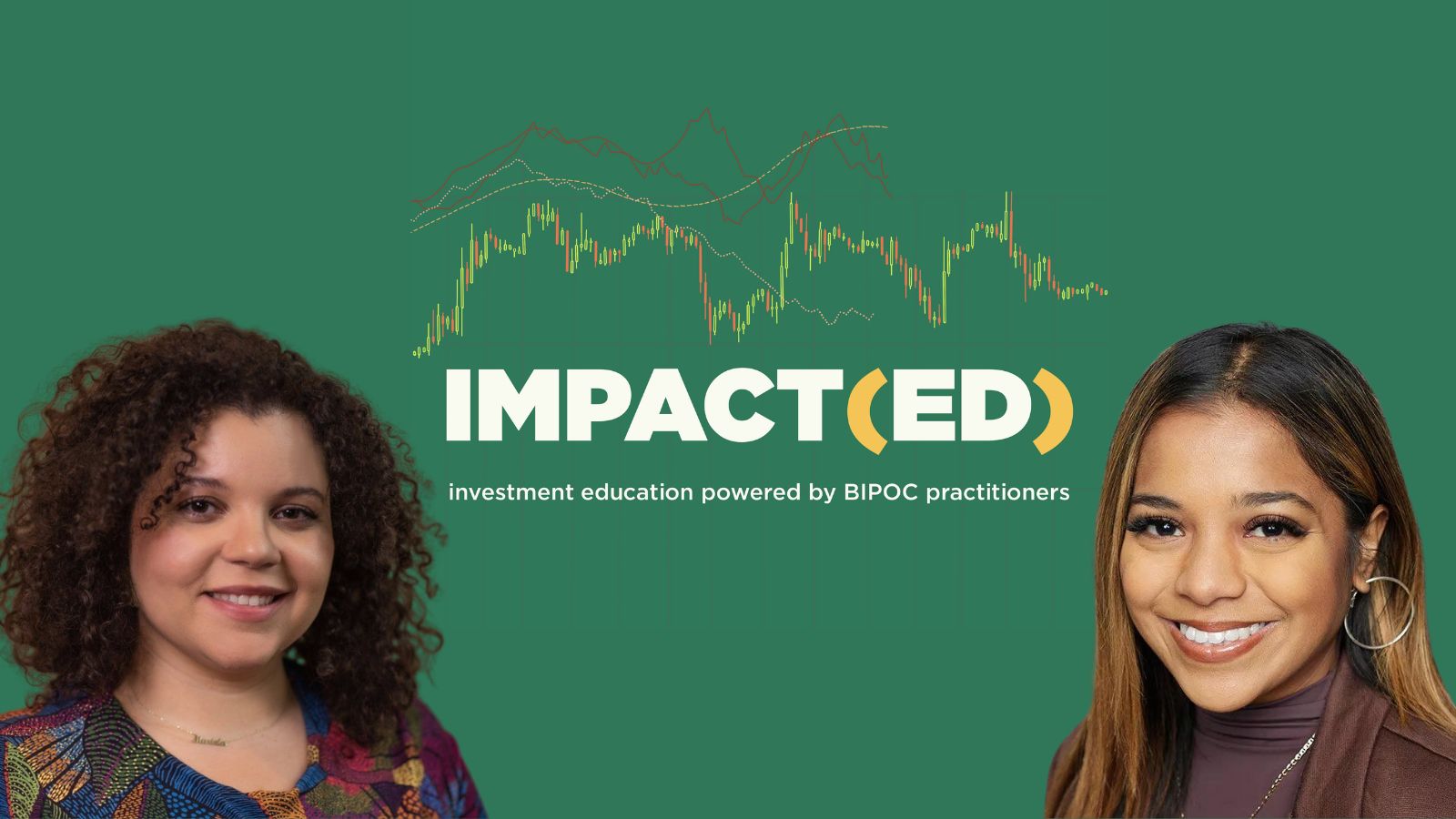ImpactAlpha, June 3 – With the closing of its $250 million Black Economic Development Fund, LISC showed off the opportunity to tap corporations as a source of capital for community development finance institutions, or CDFIs, and minority depository institutions. The LISC fund alone included investments from PayPal, Aflac, Costco, DICK’s Sporting Goods, HubSpot, Netflix and Square.
PayPal announced this week another $135 million in deposits in Hope Credit Union, OneUnited Bank, Self-Help Federal Credit Union, CNote’s Wisdom Fund and other institutions through a CNote Promise Account.
The new entrants join community-investing pioneers like Prudential Financial, which has built a $1 billion impact investing portfolio; Goldman Sachs Urban Investment Group, which deploys more than $1 billion annually in community investments; and UnitedHealth Group, which has reached $500 million in new affordable housing investments.
“These initiatives illuminate a pathway for other corporate actors to engage in community investing efforts,” writes the U.S. Impact Investing Alliance in Impact in Place, which surveyed the landscape for the Federal Reserve Bank of New York.
- Capital structures. Structures of the commitments have varied from cash deposits to bond issuances. Google last August issued a $5.75 billion in sustainability bonds for clean energy, affordable housing and support for small businesses through CDFI lending, effectively tapping capital markets on behalf of CDFI, which have struggled to do so. Advocates have urged corporates to go beyond deposits to offer equity investments and grants to strengthen the capital structures of the CDFIs themselves (see, “Corporate deposits in CDFIs are good. Equity investments would be even better”).
- Bolder bets. The corporate strategies have tended to be conservative, suggesting little appetite for risk. “The majority favored safer, more secure investments with a focus on capital preservation,” according to the report. Family offices such as Ceniarth and financial firms such as Prudential and Goldman have tended to be more flexible, with offers of concessionary returns. The need for risk-taking capital is immense, say the researchers. There remains “significant demand for investors to take bold and early bets to send a positive signal to the rest of the market, and for investors to take increasingly riskier positions in the capital structure.”











